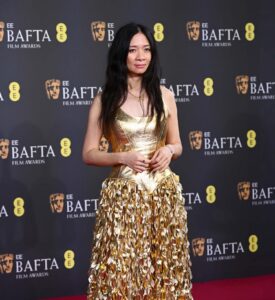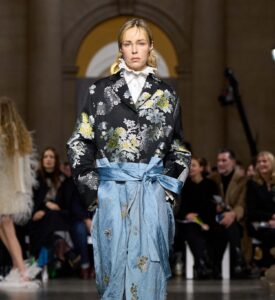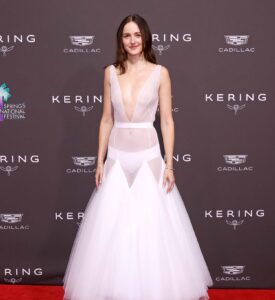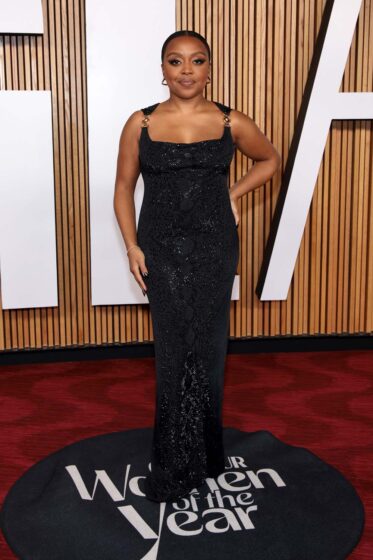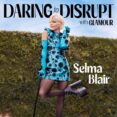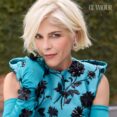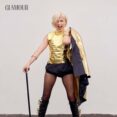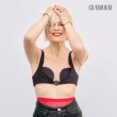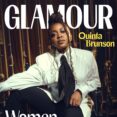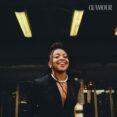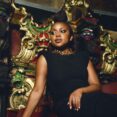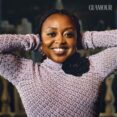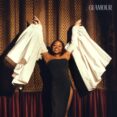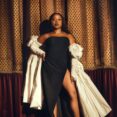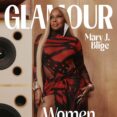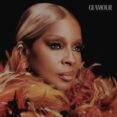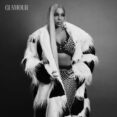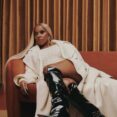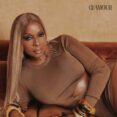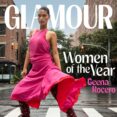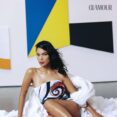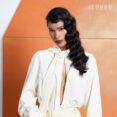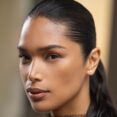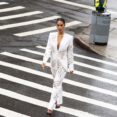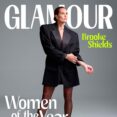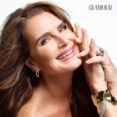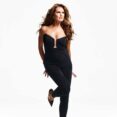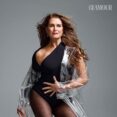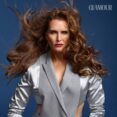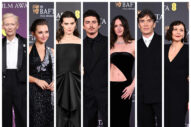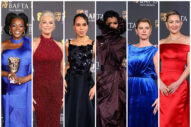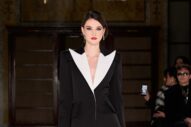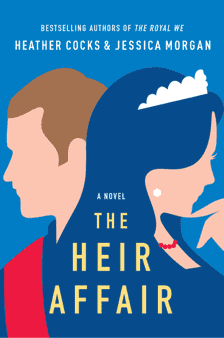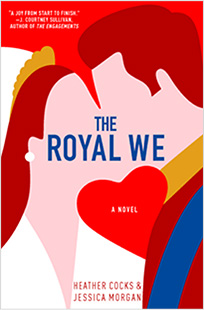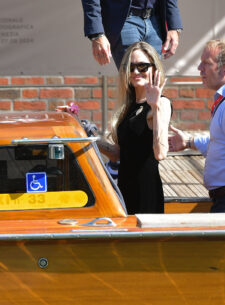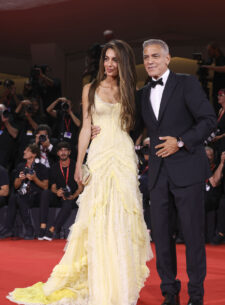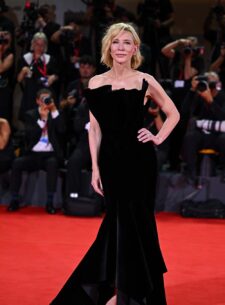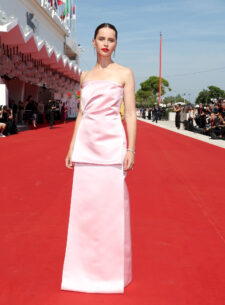We saw early digital covers for America Ferrera and Millie Bobby Brown, but Glamour eventually released the rest of its honorees: Quinta Brunson, Selma Blair, Mary J. Blige, Geena Rocero, and Brooke Shields. Above, we have all the ladies from the party; below, the five new covers and photo spreads, in their own individual slideshows. There’s some REALLY good shots in there — in particular I think Selma Blair’s entire gallery is excellent. She’s a natural.
The piece about Selma Blair by Fortesa Latifi — a writer who understands a life of chronic pain, such as can come with M.S. — is rich and raw, talking a lot about how often her health concerns were dismissed by doctors and the prison of living in a body she knew needed help even when no one else would listen. An excerpt about her advocacy: “I just have to think, What can I do, so this can happen less to other people?” It has become, as she puts it, “a personal point of necessity to stand up for other people when I wouldn’t stand up for myself.”
Quinta’s chat with Kristen Welker is here, and it’s far-reaching and great. And not all serious, though she did address one hot topic, which is when people started asking her why they weren’t doing a school shooting episode of Abbott. She says, “To us, these school shootings are the biggest thing happening, but when I talk to my friends who are teachers, yes, that’s huge, but today they’re just trying to get through this lesson. They’re just trying to get the reading scores up. They’re just trying to do this job. If anything, the school shooting thing is in the background, like, “Fuck.” It’s kind of like, “We got to deal with that too?” Do you know what I mean? So it’s complicated, and I just don’t know if I want to dedicate my space to that. I don’t want to open up my show to that political violence. I consider it that at this point—even the discourse of it is violent. And although I participate in it outside of my show, and I’m a huge advocate for eradicating gun violence in this country, but I don’t think my show has to carry that.” Well said.
Zandria Robinson wrote a piece about Mary J. Blige and her work, past and present, that anchors her in the pantheon of artists who’ve shaped hop hip and R&B, as well as the confessional nature of her decades of work: “I want to tell stories of progress and going through the process of getting better, of going through the pain of change,” she says. “Because change is painful. But being stuck and stagnant is painful as well.”
Geena Rocero is a trans model and activist with a recent and very well-received memoir, Horse Barbie. Raquel Willis’s interview with Geena covers her life and career, and quotes her memoir, in part, about moving to the U.S. because of wider access to gender-affirming care and the ability to change her gender marker officially — even though life as a trans person was at the time less open than in her native Philippines: “Transness was hypervisible [in the Philippines] in a way that it wasn’t in the United States of 2003,” Rocero writes. “And so for our entire community of trans Filipinas in San Francisco, wa buking [to be unclockable] was a common goal: To be unclockable was to ascend to the highest levels of affirmation that American society had to offer. It was a measurement of how far we all had come from a place where everyone knew our T.”
There’s a lot to like about Brooke Shields’s sit-down with Samantha Barry, but what’ll get you in the door is the anecdote about having a grand mal seizure before her first cabaret show and waking up in an ambulance with Bradley Cooper.
